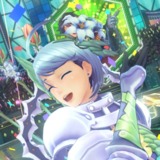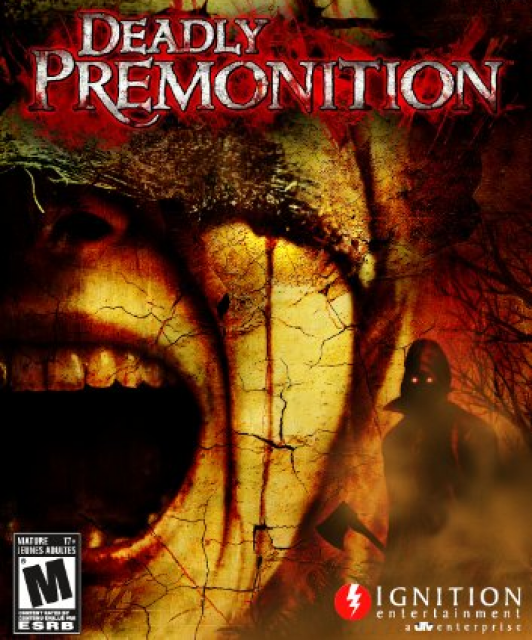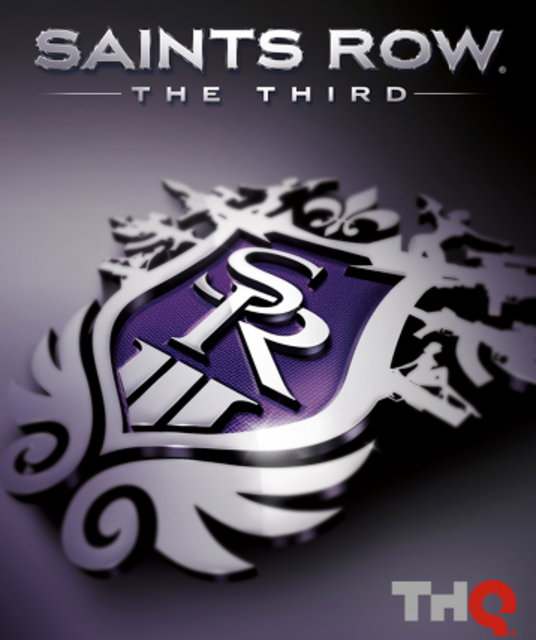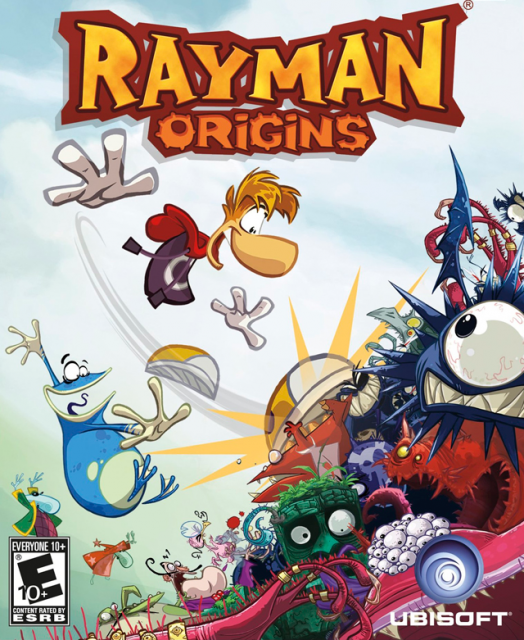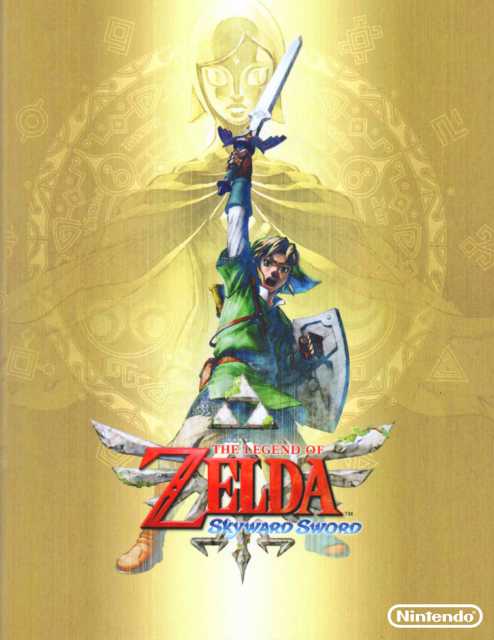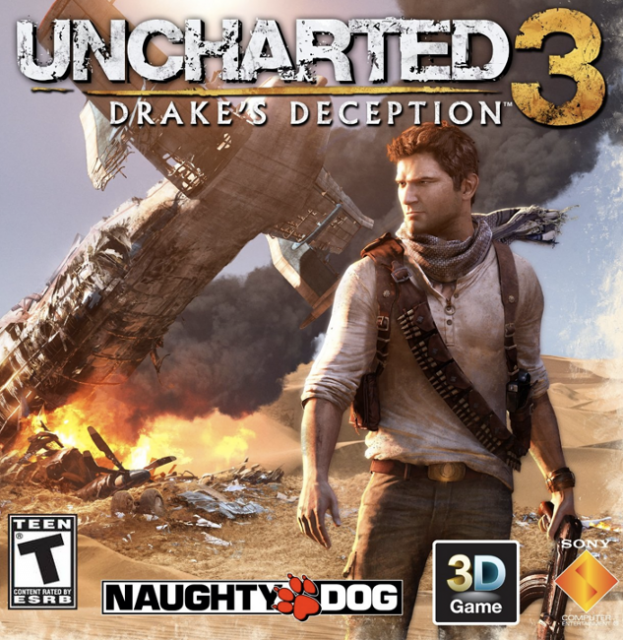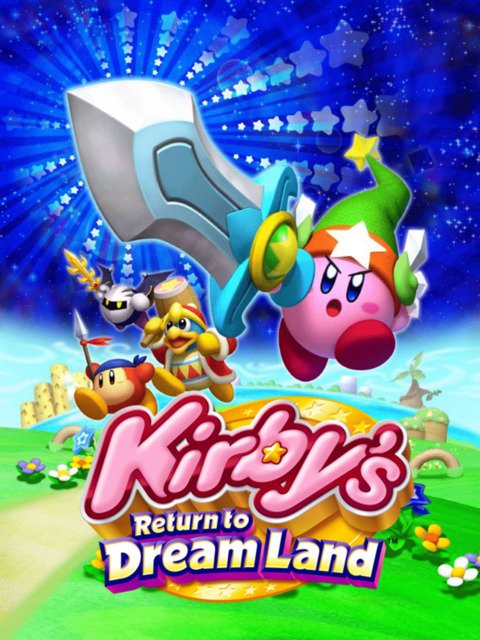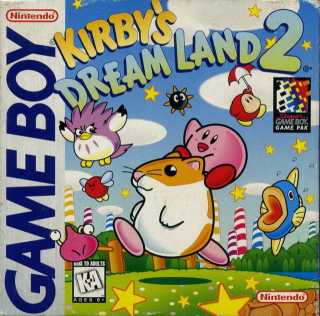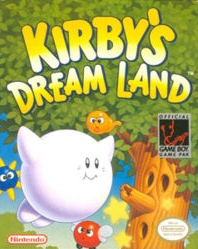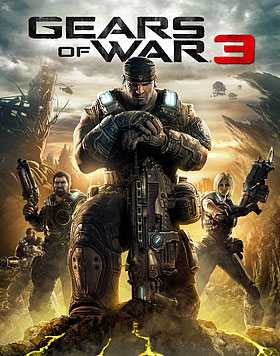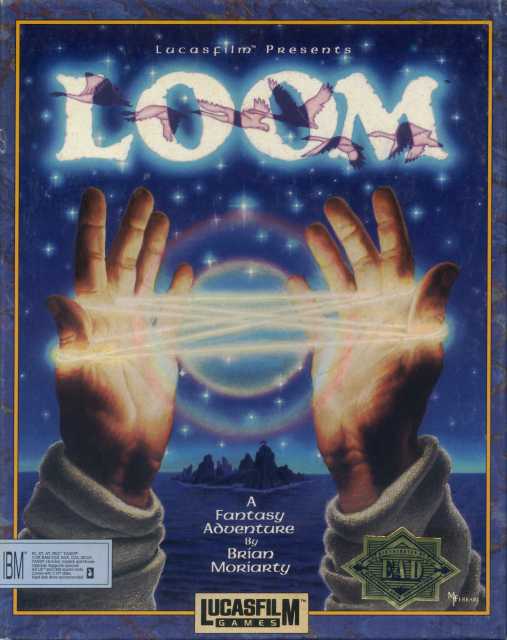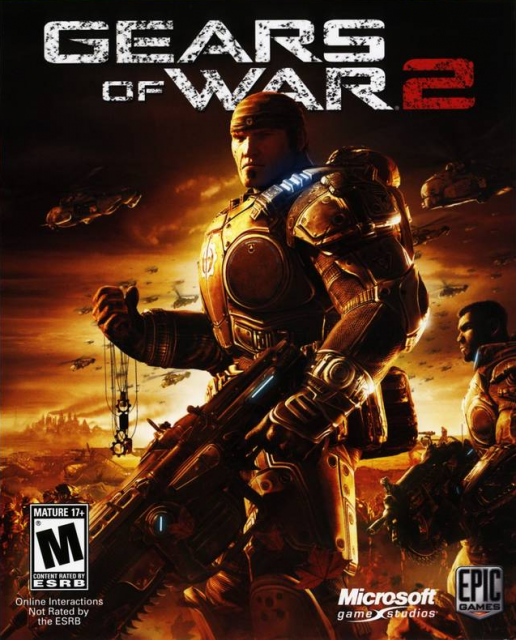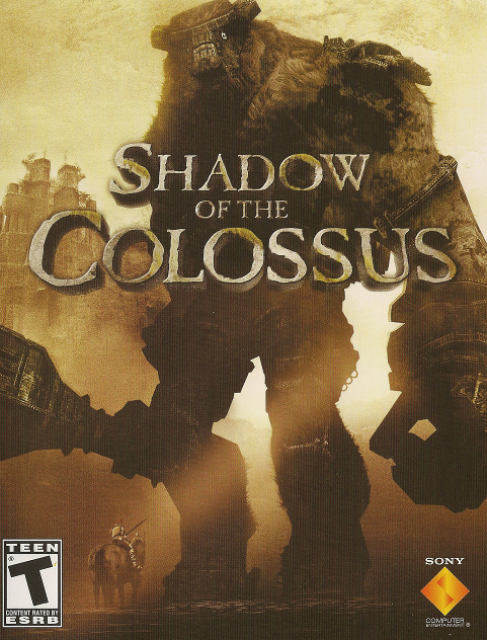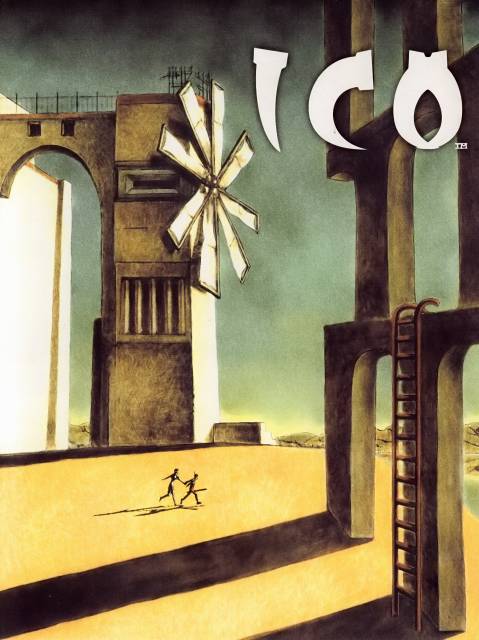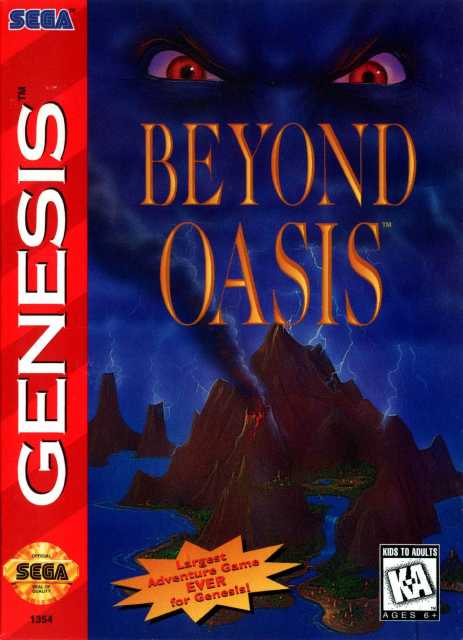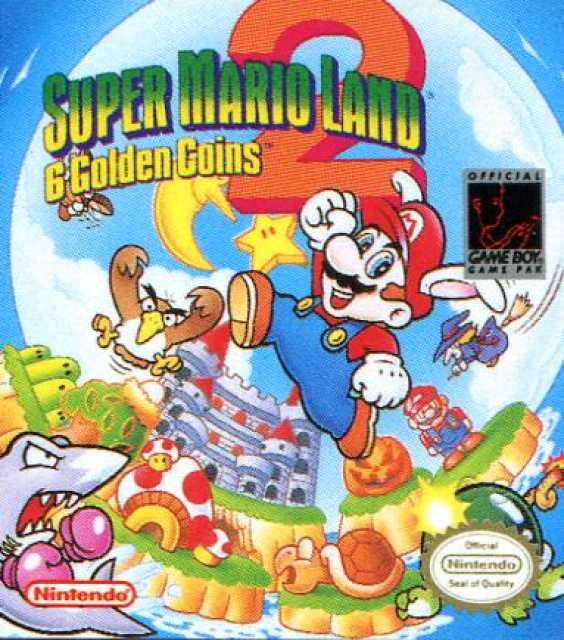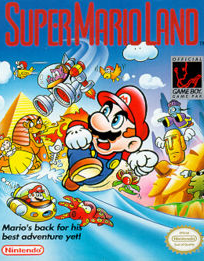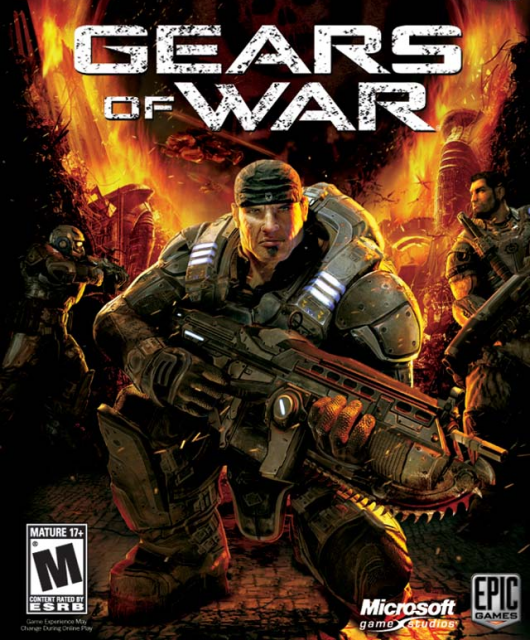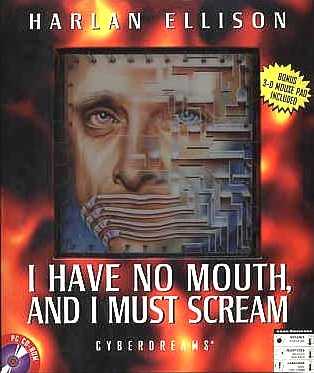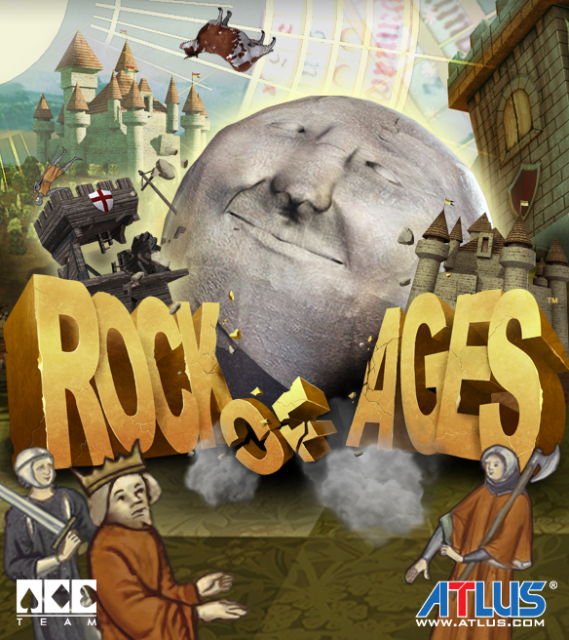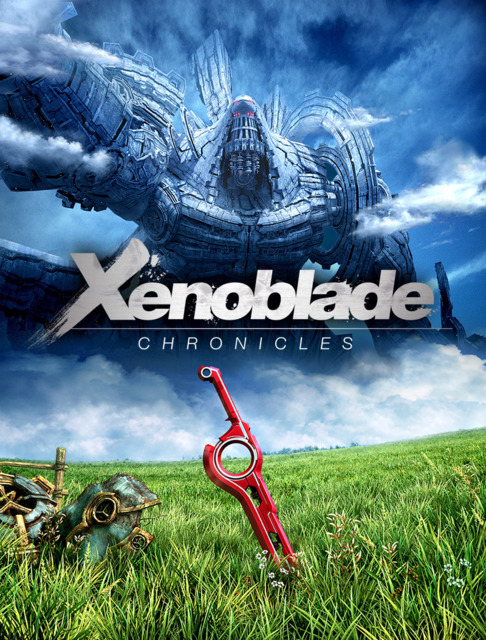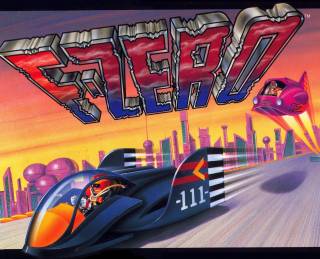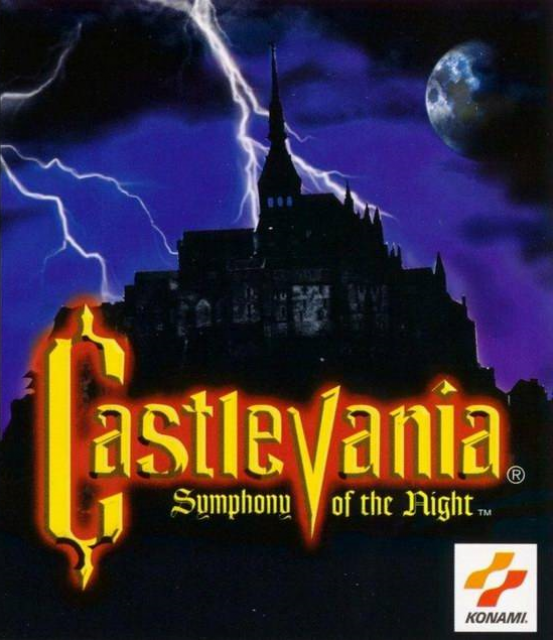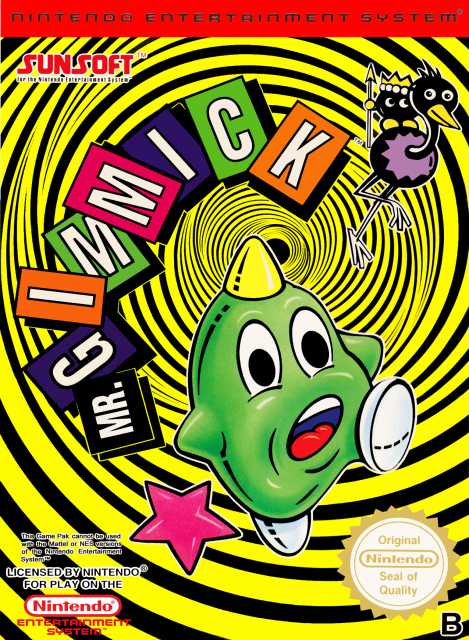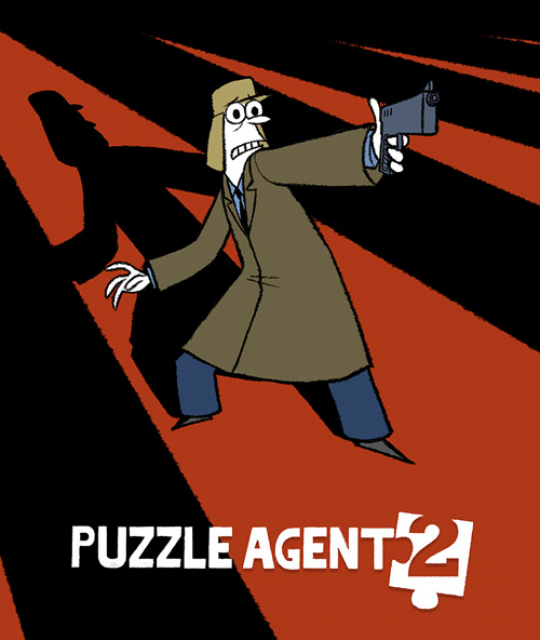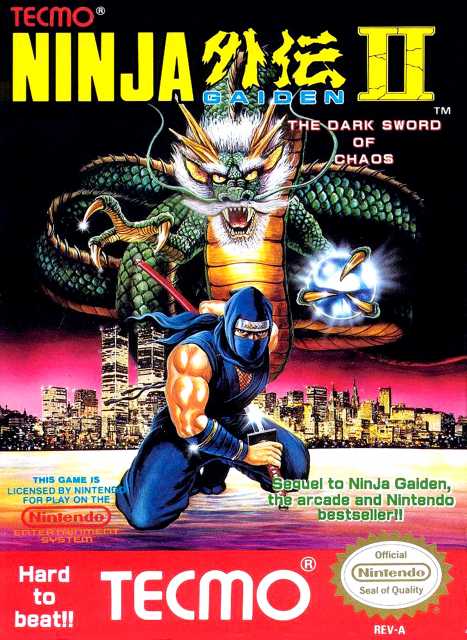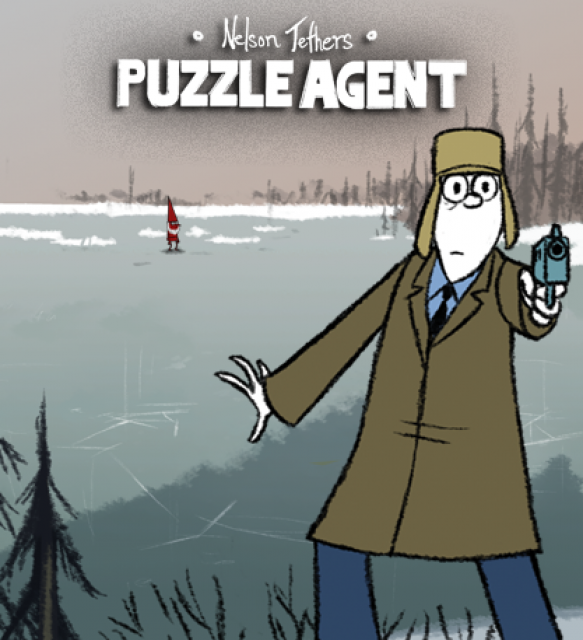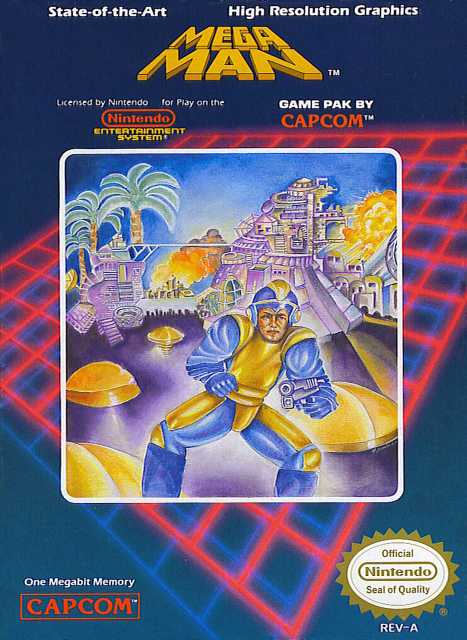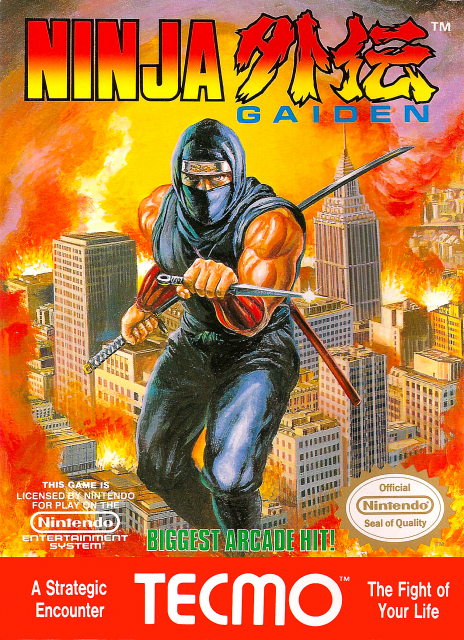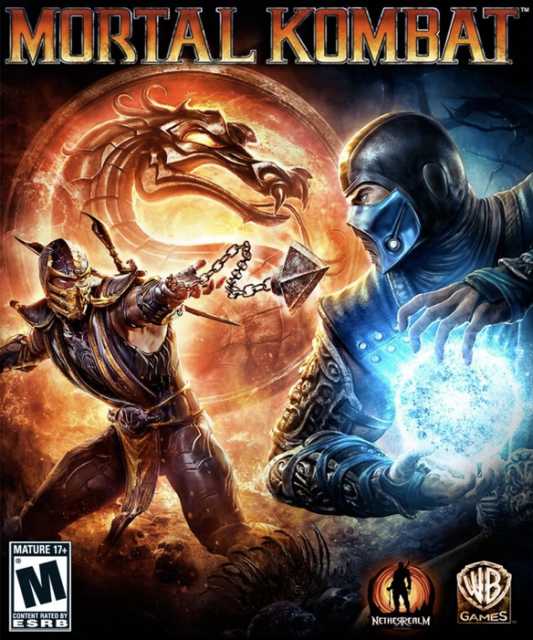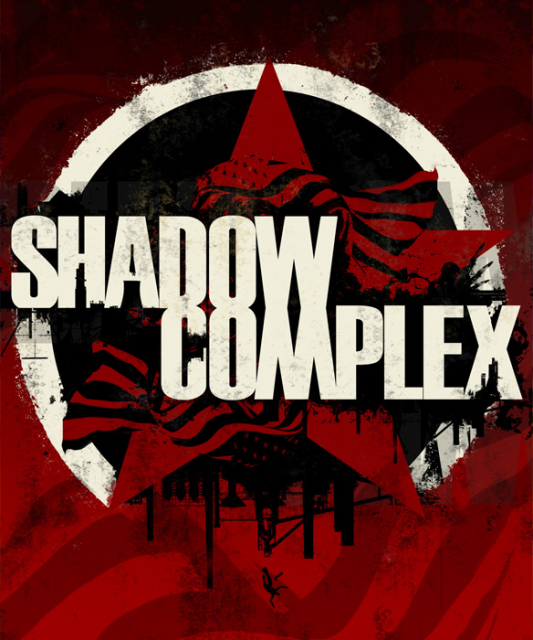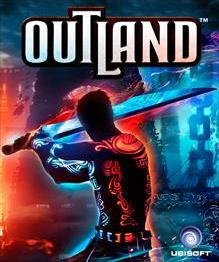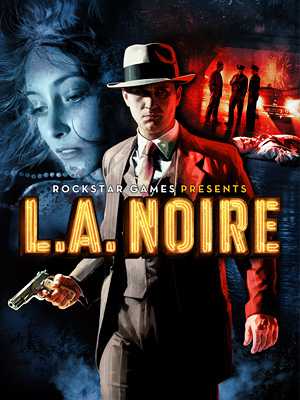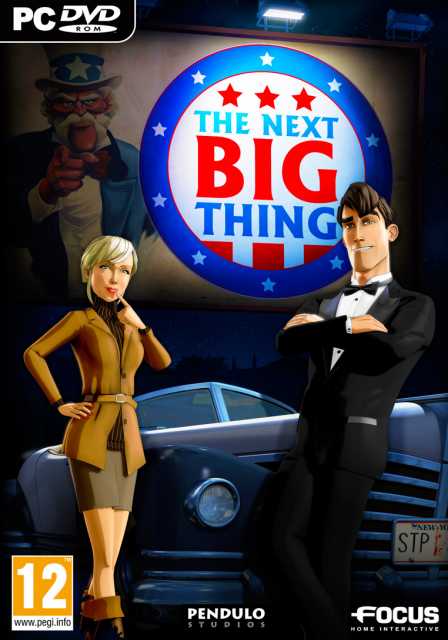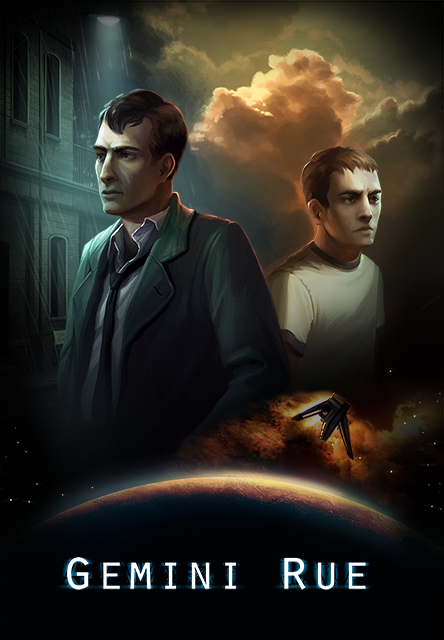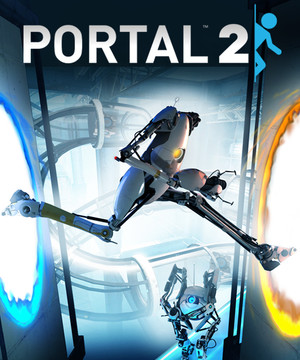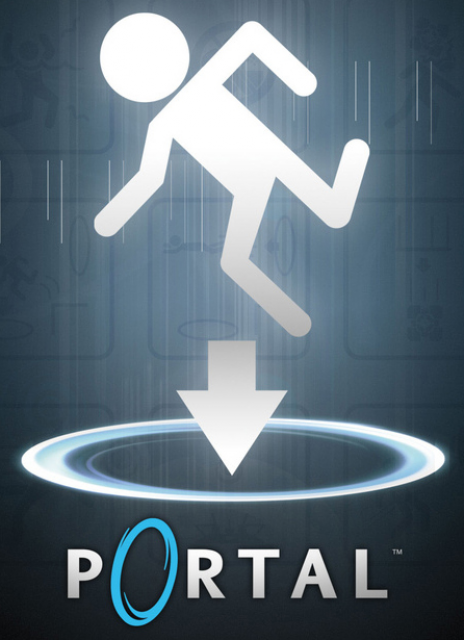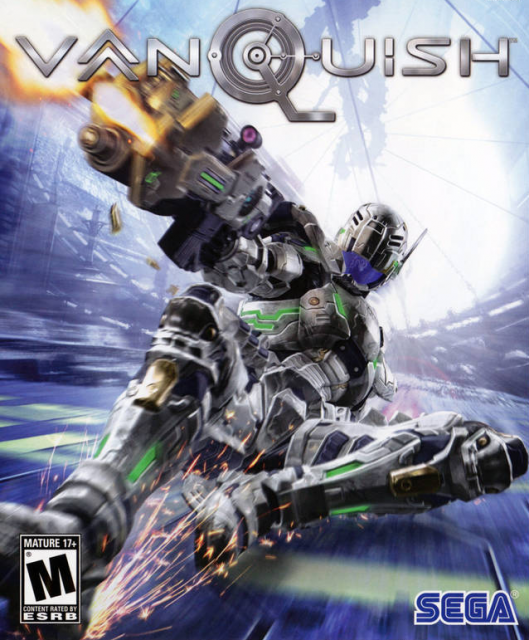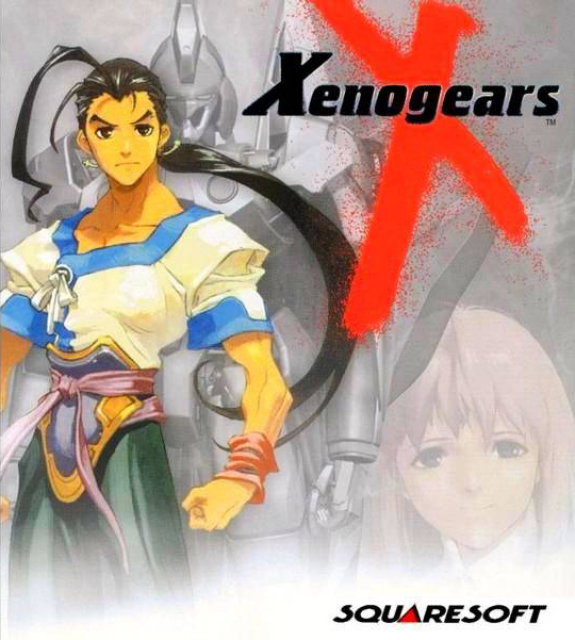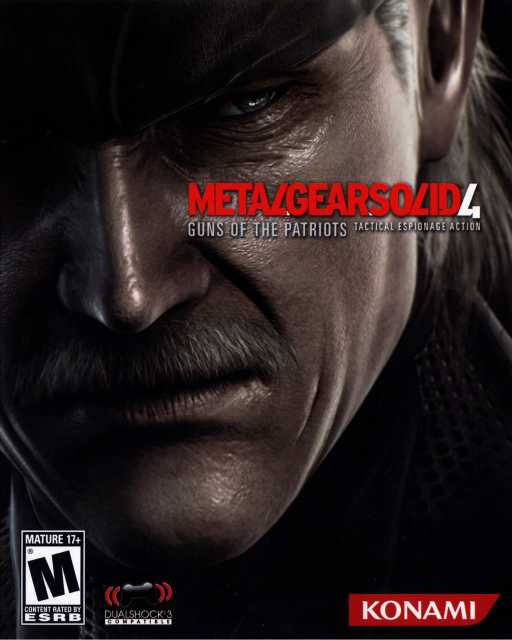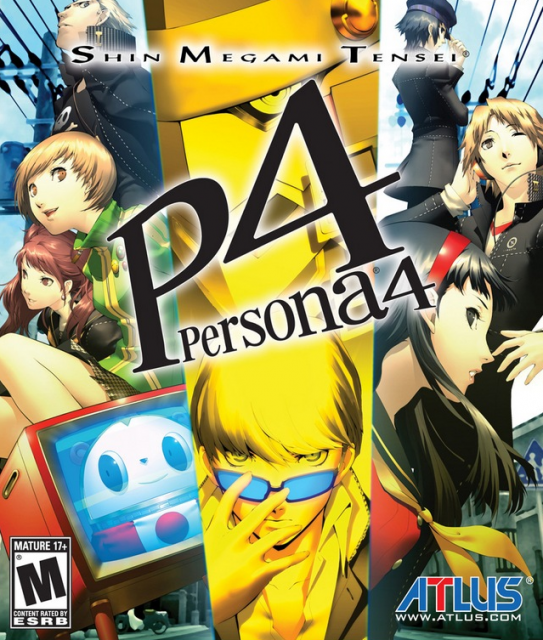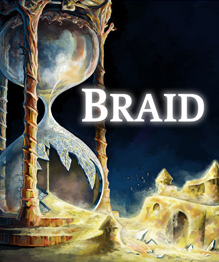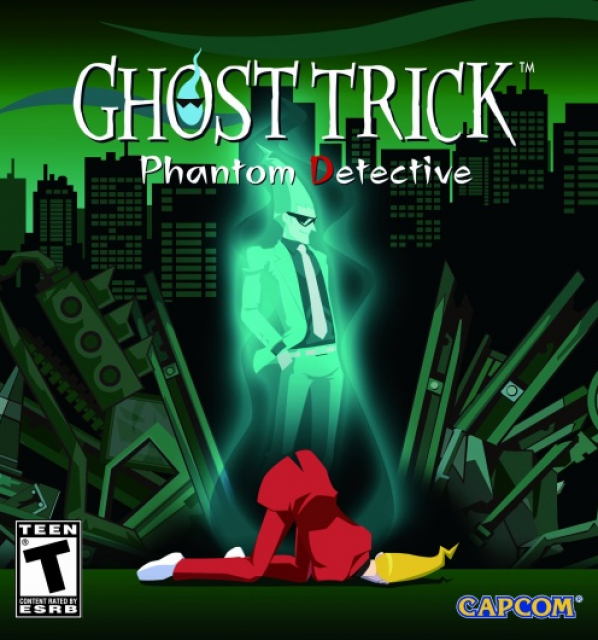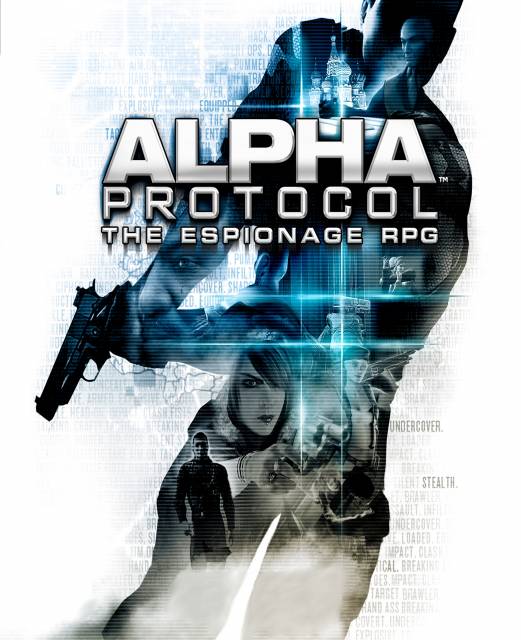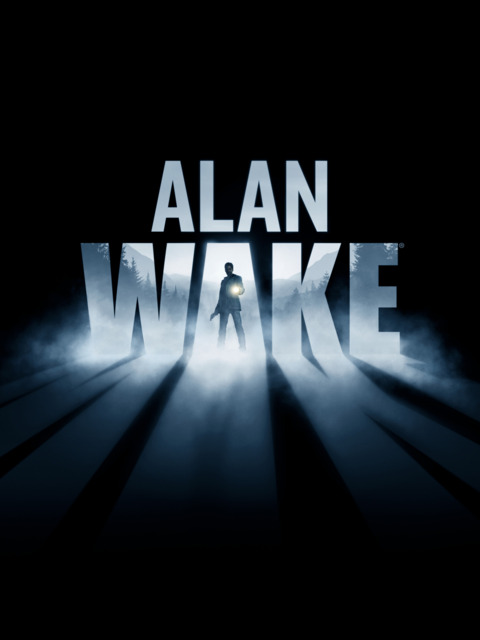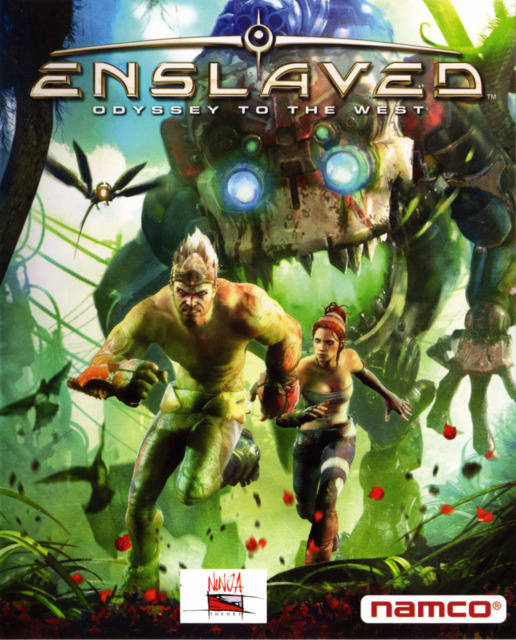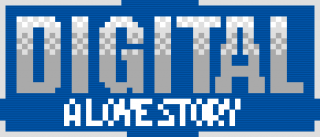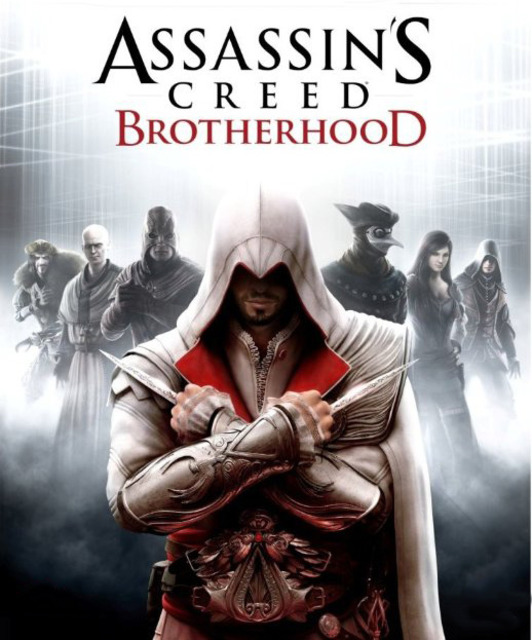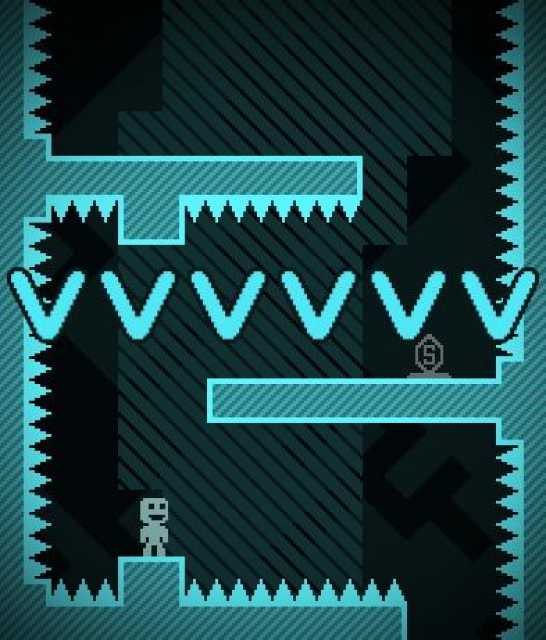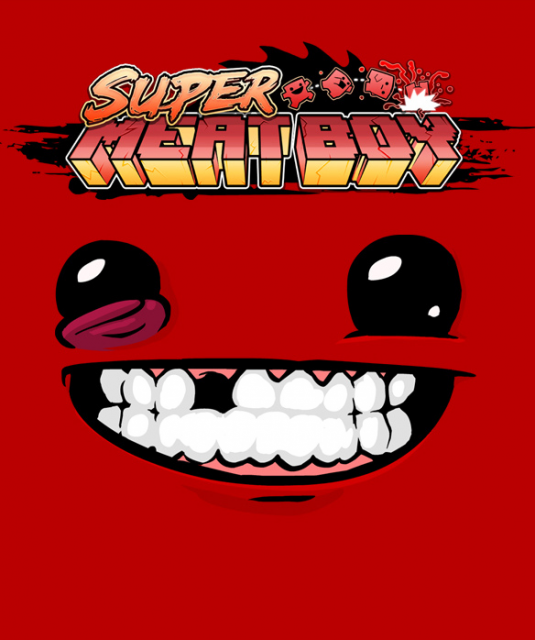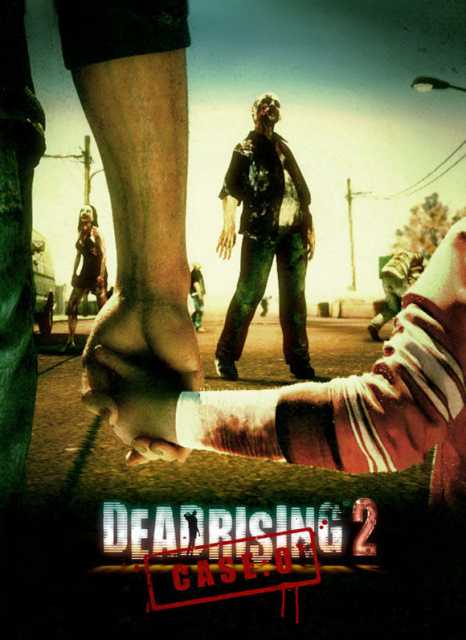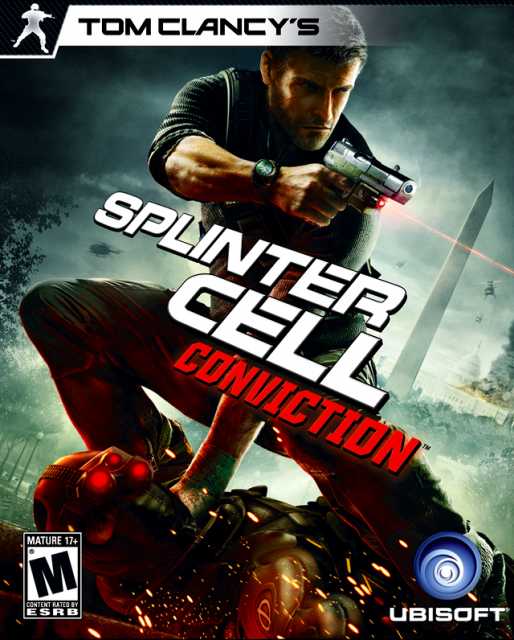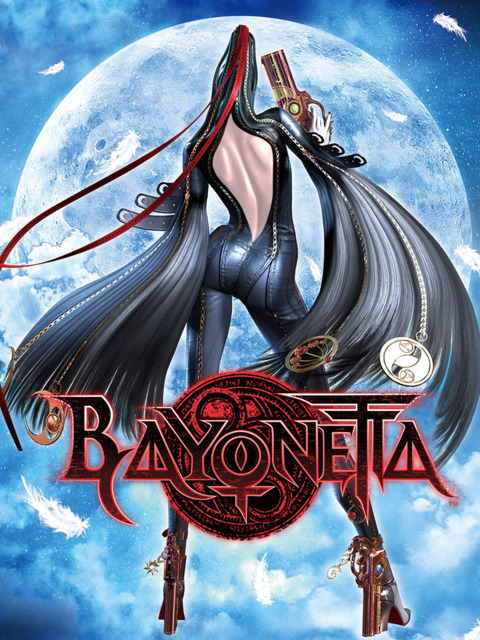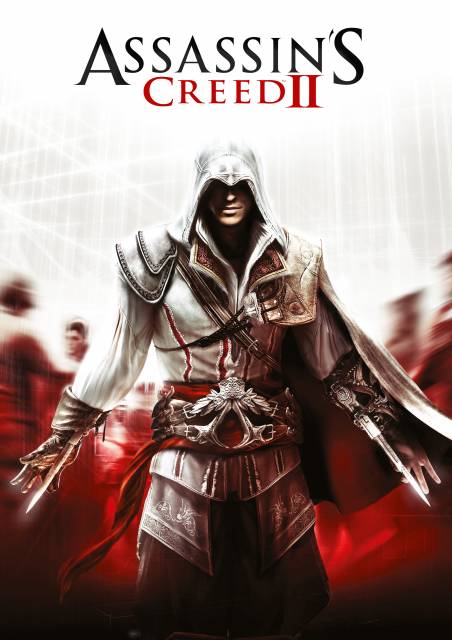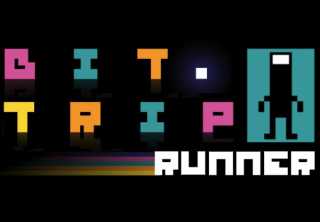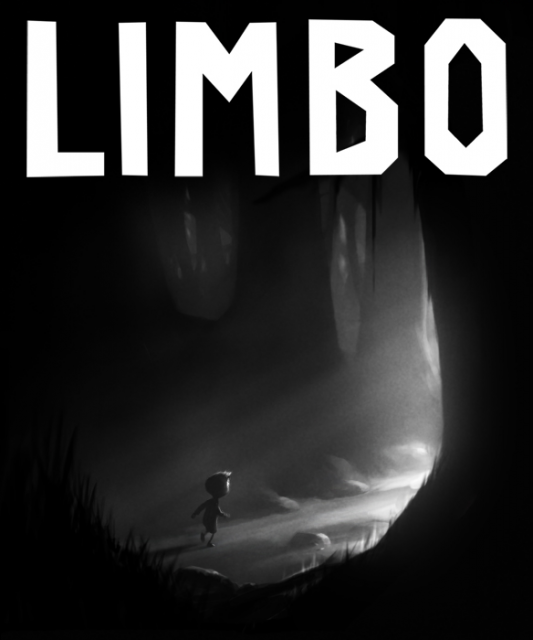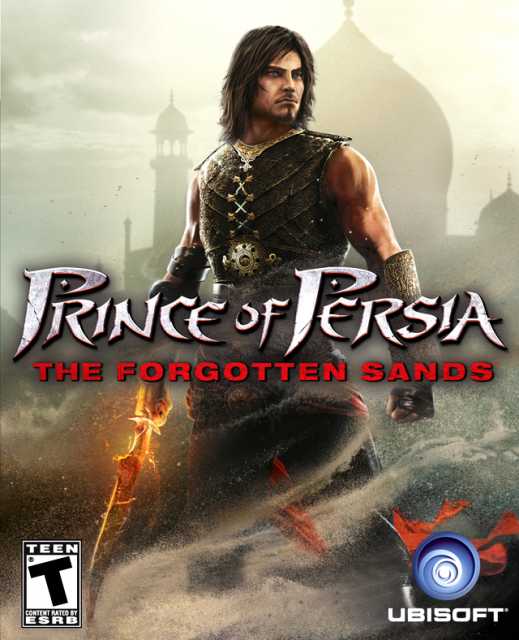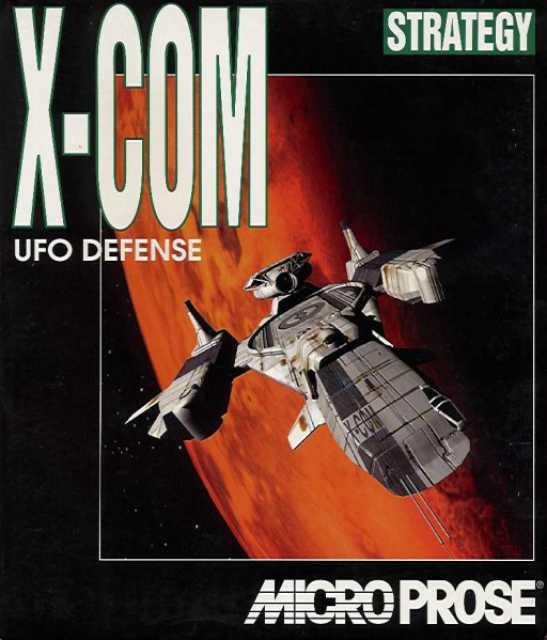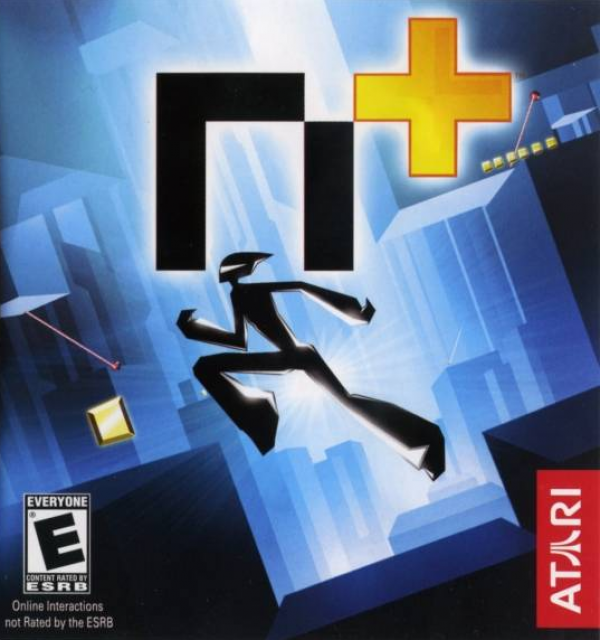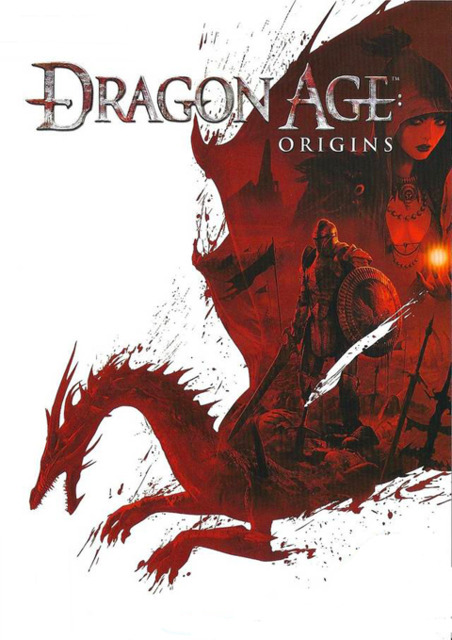****½ [PS3] 3/2/11 - Metal Gear Solid 4 is a game that I liked before even playing it, really, based on the premise alone. Solid Snake, the world's greatest soldier, broken down and dying, has to somehow find the strength to prevent one final cataclysm. I'm not sure there could be better set-up for an MGS game. Even though I can't say I like everything about MGS4, it is a very strong send-off for one of the most iconic characters in video games.
<br>
<br>
This game is split into acts, and after Act 1 I was a bit concerned. It takes place in a Middle Eastern war zone. You're tasked with navigating Snake through the chaos, as gunfire and explosions ring out all around. The areas are very large, with far more paths and places to go than any MGS game has ever had on a single screen. As you might expect, these larger maps are accompanied by a significant increase in the number of hostile soldiers you'll need to avoid, something I struggled with. I'm not sure if it was just me sucking after not playing stealth games of any kind for so long or if there were some bad design decisions at work. Probably some combination of both. My main complaint is that some of the paths you can take WILL get you spotted, but it's not really possible to know that until you die a few times. Also finding the safe routes isn't always easy. I remember in one area I killed all the soldiers and crept carefully up to and past where they were, only to have more spawn in behind me, obviously leading to an alert. I realize now that I shouldn't have been in that area to begin with. My objective was in the opposite direction. Still, I think that's partially on the game because it doesn't do a great job of explaining some of its mechanics, like how your radar/mini-map and the Awareness Ring work. Hell, at the very beginning you don't even have a radar or any silenced weapons. So while sneaking through a war zone is cool conceptually, the execution in Act 1 is somewhat lacking. Even so, there's still plenty to appreciate. You can take the side of rebels fighting the PMCs, which makes it a lot easier to traverse some areas. It's also readily apparent how much better the game works as a third-person shooter. You now have the ability to either use an on-screen reticule or iron sights at any given moment, which definitely makes firefights a lot more manageable.
<br>
<br>
Act 2 is when I really started to warm to the game. By that time I had gotten better at sneaking, and the environments themselves make it easier to avoid detection. They're more open, which means you can see can spot and avoid enemies more easily. It's not nearly as likely you'll start down a path and suddenly run into a guard. After, say, the first half of Act 2, the game basically becomes a series of setpieces. A good portion of them still require stealth, but there's usually some interesting twist to what you're doing. For example, there's a section where you need to track a group of soldiers through the jungle while simultaneously avoiding ambushes they've set up to prevent Snake from following. Then there are, of course, sections that don't require any sneaking at all, like a pretty cool turret sequence that doesn't overstay its welcome. I'd like to talk more about some of the things you do in this game, but I'd feel bad about spoiling them. I'll settle for saying it never feels like you're doing the same thing twice. The environments and gameplay were varied enough to keep me interested the whole way through. I must admit, though, I'm not sure the MGS4 bosses live up to the standard set by the previous games. Mainly they don't have as much personality, but the fights themselves are well done and memorable.
<br>
<br>
Mechanically, MGS4 is the best a game in this series has ever been. As mentioned previously, it plays much better as a shooter, but there are other significant improvements. For one, Snake can move while crouched. Before you could only crawl along the ground or run/walk upright. Sneaking through areas while crouching is more or less essential to avoid being discovered, because guards have better vision this time around. Drebin's shop may be the most important new feature in this game. It allows you to buy new weapons and ammo at practically any time, but the customization options it provides are a much bigger deal. Guns can be outfitted with a grenade launcher, silencer, dot sight/scope, flashlight, the list goes on. Of course, some guns have fewer options than others and some can't be modified at all, but being able to personalize your tools of the trade is still a great addition. The OctoCamo that automatically adapts to Snake's surroundings also works very well. I do find it kind of odd that the OctoCamo doesn't seem to blend in as well as the handful of camo patterns that were available to you in MGS3, but I think they just wanted to make this game a little tougher. As long as you aren't letting guys roll right up on top of you it's not really an issue.
<br>
<br>
MGS4 has all the little touches you'd expect from a Kojima game. Snake has developed back problems so if you run around crouched for too long his back will stiffin up and hurt his recovery time after a roll. There's a even a compress item you can use to ease his pain immediately. Rations can be traded to rebel groups for other items. There are numerous FaceCamos Snake can wear to alter his appearance, one of which looks basically like his MGS2 model. There's also one that is literally his MGS1 model, jaggy polygons and all. The number of easter eggs in this game is basically obscene.
<br>
<br>
While this is definitely a good game, I'm honestly not sure if it's worth playing unless you have some sort of familiarity with the characters and fiction. There are so many great moments, but for them to be as powerful and amazing as they ought to be the player needs to know the history. The game does do a little bit of recap, but that's mainly to refresh the memories of people that already played the old games. There's no real depth to the explanations. Now, I am far from an expert on the Metal Gear fiction, but knowing the characters and the old grudges definitely enriches the experience. This game has SO many connections to its predecessors it's ridiculous. Specifically, there are a lot of references to MGS1, but the others are far from neglected. I don't think it's much of a spoiler to say that Snake and Liquid face off again, and it is without a doubt one of the best moments of 2008. There are plenty of other moments like that, too, that I'm not going to go into here. Honestly, though, I wish Kojima could be a little more serious. At one point a man shits himself in the middle of a battle, and that's probably not the silliest thing in the game. Obviously the plot of these games is convoluted and absurd, so it's not like I expect or want a purely solemn tale, but sometimes the wackiness goes a little too far for my tastes. Late in the game a character is in the middle of explaining something and he burps for no reason, and all I could think is, "Why? Why would you do this?" But these games are purestrain Kojima, and you have to take the bad with the good, apparently. Story-wise, MGS4 is what it is. If you could tolerate the insanity that was the end of MGS2, you shouldn't have a problem here. I just really enjoy the world and characters of the Metal Gear Solid series, even if much of what goes on is incomprehensible.
<br>
<br>
More than anything else this game is about saying goodbye to Solid Snake, something I didn't really want to do, but I understand it was necessary. His storyline had been hanging in the air since 2001 and it was time to wrap it up. Snake's physical condition not only makes for a more compelling story, but it also assures he can't be brought back. If Snake were in fighting shape at the end of this game, Konami would find some way to churn out an unnecessary sequel, with or without Kojima at the helm. Ultimately, although it could have been done differently, I'm satisfied with how Snake's story ends, which is probably the most important thing I can say about this game.
